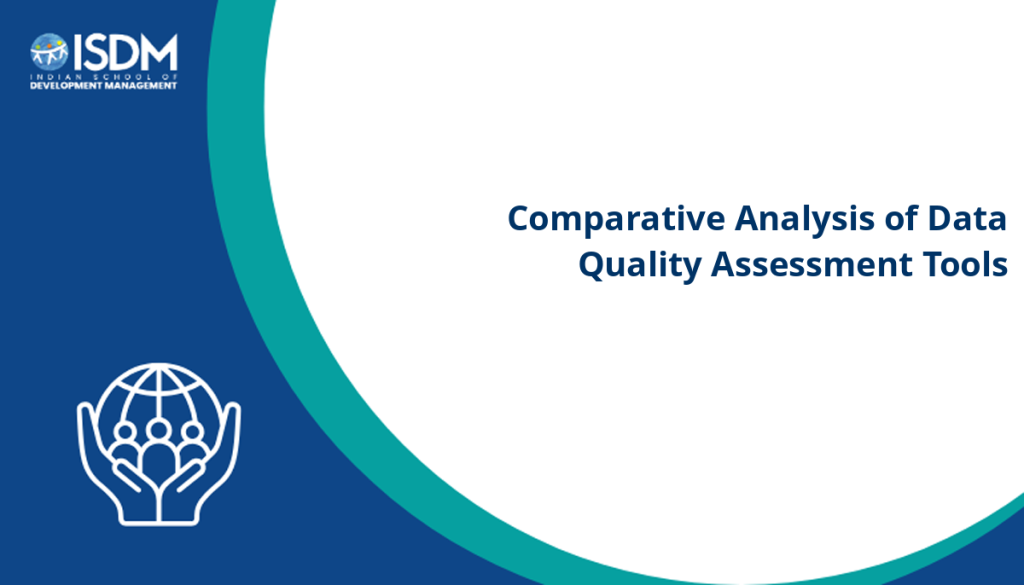Home > Development Management > Comparative Analysis of Data Quality Assessment Tools

Interested in the full story?
Access the complete case study to learn more
MEASURE Evaluation
No ratings yet
|
|
Thank you for Signing Up |

